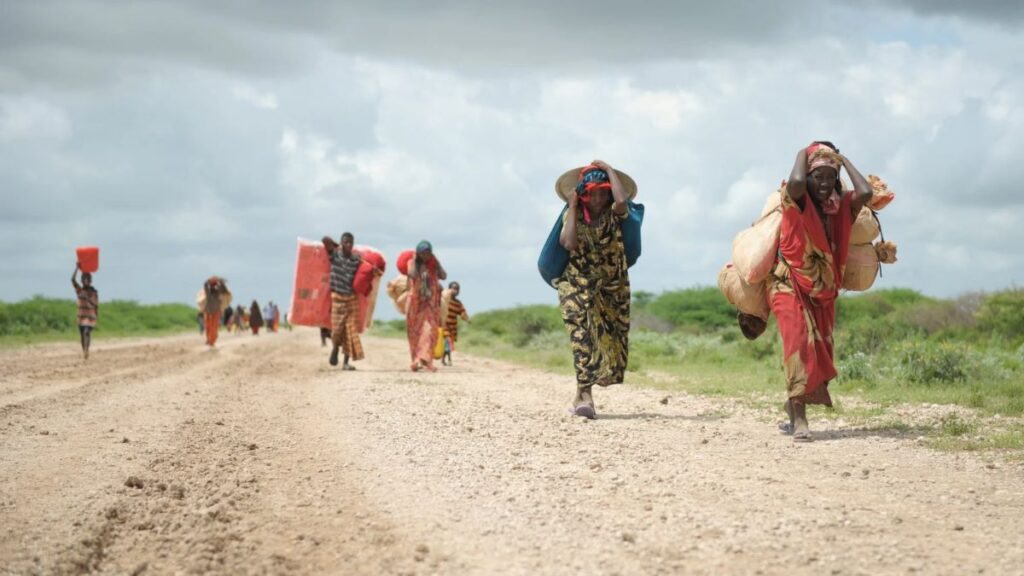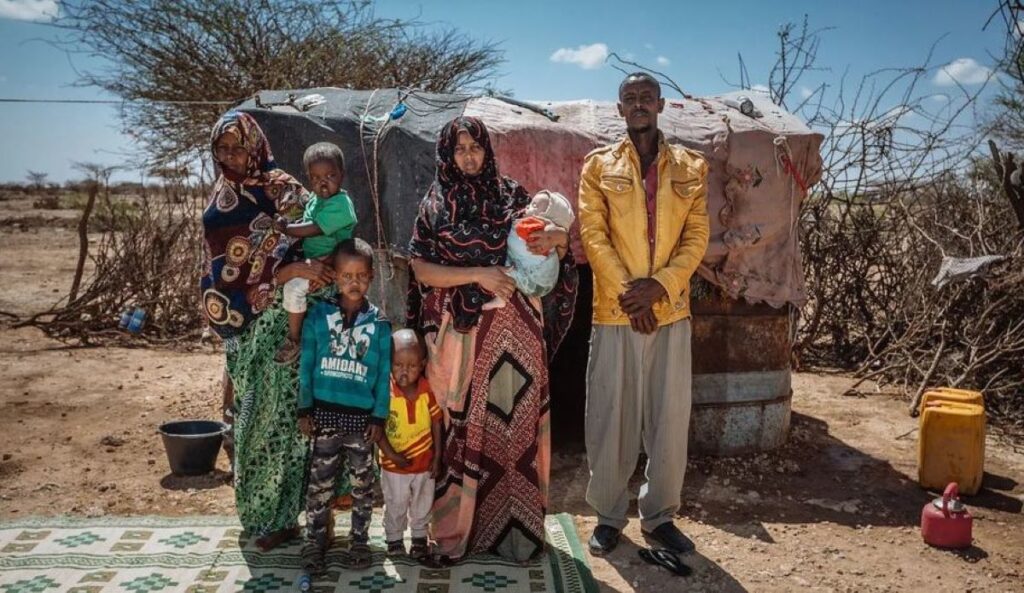
Climate Change Displacement Requires Urgent Legal Protection, Says UN Expert (Photo Source: IOM)
The devastating impacts of climate change are exacerbating, leading to a rapid increase in the number of people displaced across international borders. Ian Fry, an independent human rights expert on climate change, who assumed the position last year, has highlighted the urgent need for legal protection for these individuals.
In his recent thematic report to the Human Rights Council in Geneva, Fry revealed that in 2020 alone, 30.7 million people were uprooted from their homes due to weather-related events, with droughts being the primary factor. These individuals face multiple human rights violations, including their rights to food, water, sanitation, housing, health, education, and, in some cases, their basic right to life.

Fry emphasized the significant and deeply troubling human rights implications of climate change displacement, particularly when it occurs across international borders. He expressed deep concern over the large number of people who perish or go missing each year on both land and sea during migratory movements.
Shockingly, between 2014 and 2022, over 50,000 lives were lost during these movements, and more than half of these deaths occurred on routes to and within Europe, including in the Mediterranean Sea.
Displacement caused by climate change can take various forms, ranging from sudden events to slow-acting factors such as rising sea levels or prolonged droughts. Those affected often feel compelled to move as they see no viable alternatives. Women and children bear the brunt of disasters and climate change effects, comprising the majority of displaced individuals.
The independent expert stressed the responsibility of the international community to protect those displaced across borders due to climate change impacts. Fry acknowledged that while there are existing legal protection measures in place, the Human Rights Council should draft a resolution to submit to the UN General Assembly, urging the development of an optional protocol under the Convention relating to the Status of Refugees. This protocol would specifically address displacement and legal protection for individuals worldwide affected by the climate crisis.

In the absence of such a protocol, Fry called upon all nations to enact national legislation that would provide humanitarian visas for people displaced across international borders due to climate change. This interim measure would help ensure their safety and well-being until more comprehensive solutions are established.
It is important to note that independent experts and other rights experts appointed by the UN Human Rights Council operate on a voluntary and unpaid basis. They are not affiliated with the UN staff and work independently of any government or organization.
The urgency of the situation demands immediate action from governments, international organizations, and civil society to safeguard the rights and well-being of those displaced by climate change. By prioritizing legal protection, nations can address the profound challenges faced by these individuals and pave the way for a more secure and sustainable future.






